- Abebe Bikila ran for over two hours barefoot
- He won his second Olympic gold medal 40 days after a surgical procedure
- He became a paraplegic in 1969 after a motor accident
August 7, 1932, Ethiopia welcomed to life an athletic giant, famously known as Abebe Bikila marathon runner. His legacy is nothing compared to his social standing. He ran barefoot all his marathon life but made Ethiopia proud.
Bikila is the first Ethiopian and African marathoner to ever win a gold medal in the Olympics. He left for the afterlife in 1973 as a man full of honour. He became an African phenomenon at 32 after winning his first gold medal at the 1960 Summer Olympics in Rome, Italy. Four years later, he scooped his second medal at the 1964 Tokyo Olympics. What stands out is the zeal with which he ran barefoot in these two Olympics.
WHY DID ABEBE BIKILA RUN BAREFOOT?
Historians cite that Abebe Bikila marathon runner without shoes – barefoot runner rather – was something he didn’t have a choice on. A late arrival in Rome in 1960 for the Summer Olympics left him without much of a choice other than running barefoot. The officials of the Ethiopian team gave him shoes that blistered his feet.
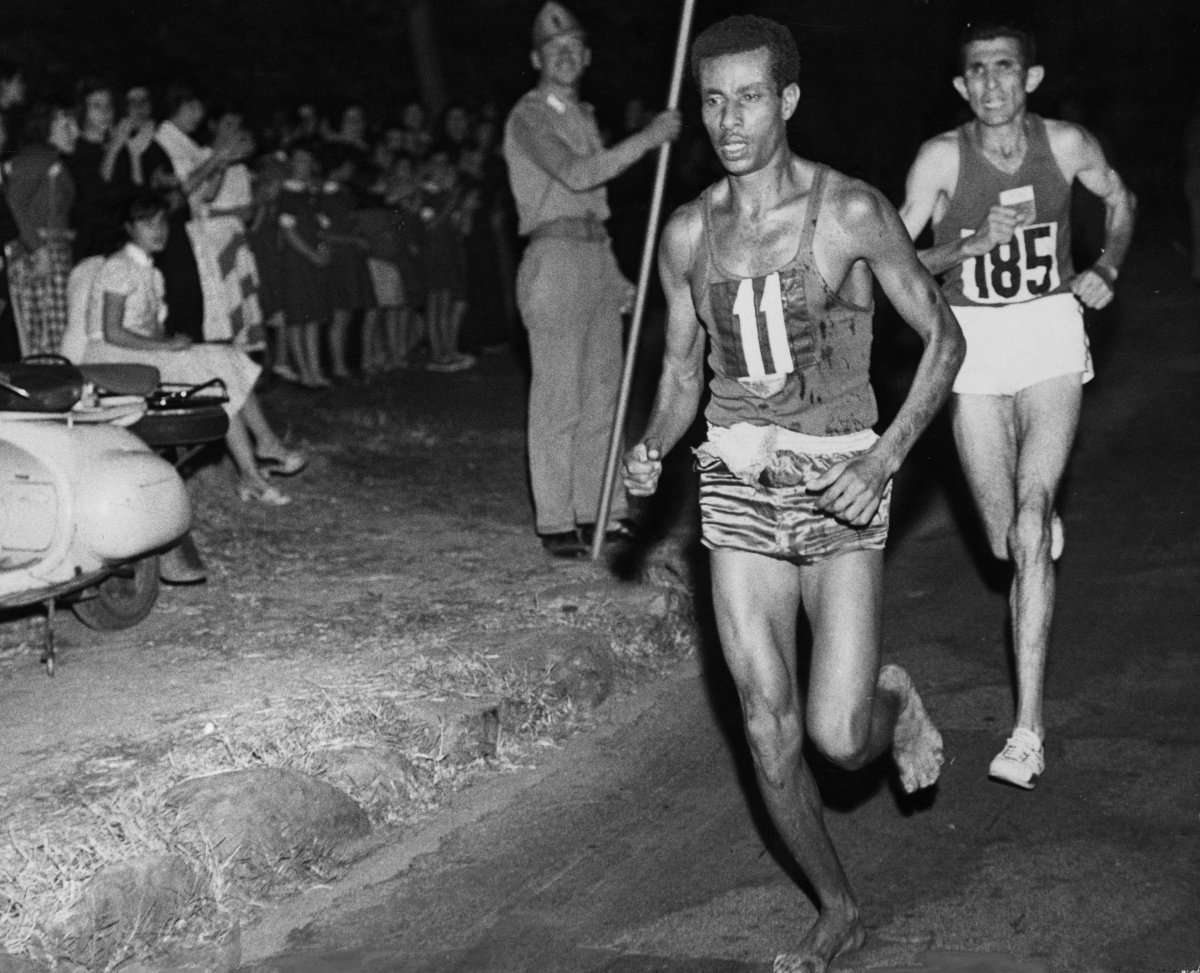
Abebe Bikila of Ethiopia.Photo by Central Press/Getty Images
Naturally, he chose to keep it plain and simple and covered the entire marathon, 42.2 km (26.2 miles) barefoot. Incidentally, he won a posting record time of 2 hours, and 15 minutes. It was his first gold medal and Africa deeply celebrated him for such a feat. He returned to Tokyo where he successfully defended his record now and it cemented his name as a marathon legend.
HOW FAST IS ABEBE BIKILA?
Bikila was pretty fast with a record best of 2:12:11 at the Tokyo Olympics in 1964. He outdid himself after winning his first gold medal in Italy with a record of 2:15:16. Besides, making these crucial victories, the continent never forgets about Abebe Bikila marathon runner who gave Africa its first gold.
There are 16 marathons to his name, 12 of which he won before 1967 when his pace reduced significantly after suffering leg injuries. Sadly, Abebe suffered paralysis as a result of a car accident on March 22, 1969. While he regained upper body movement, his legs remained completely paralysed despite years of treatment in England.
Not one bound to the limitations of life, he shifted gears to archery and table tennis in London. These games kept him busy while he continued with his treatment in London. Years later, both sports enlisted in the Paralympic games. Just before his death in 1973, he flew to Norway in 1971 and participated in the championship.
On 25th October 1973, Abebe Bikila marathon runner took his last breath aged 41. He succumbed to a brain haemorrhage as a result of his 1969 accident. Bikila’s death shook Ethiopia and Emperor Haile Selassie dedicated a day of mourning and a state funeral to honour his memory. More than four decades after his passing on, buildings, streets and awards bear his name as a symbol of remembrance. Retrospectively, he challenged the film industry to focus on his life through documentaries showing his marathon career from scratch.
WHO IS THE ETHIOPIAN RUNNER WITHOUT SHOES?
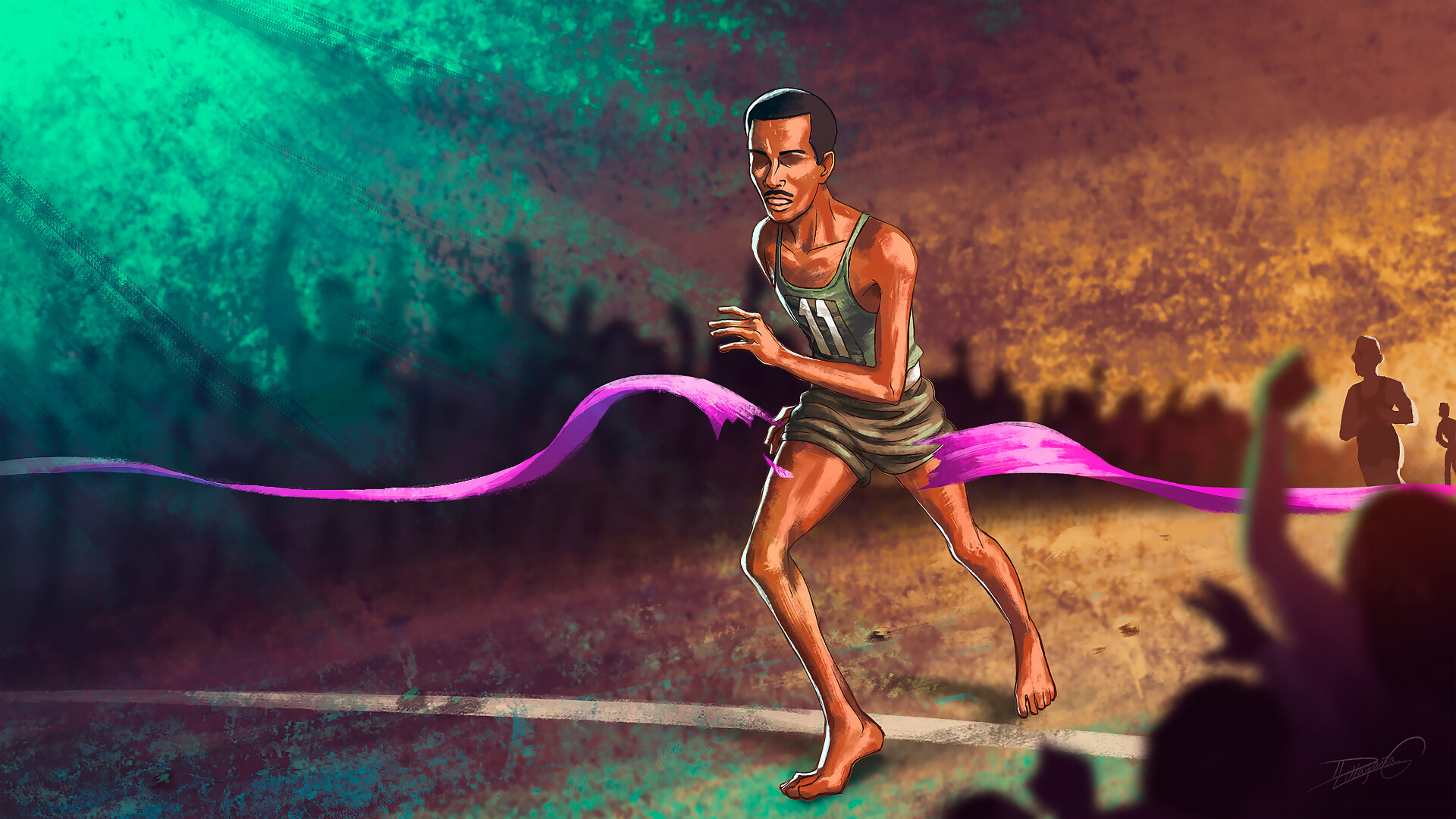
Abebe Bikila barefoot runner. PHoto/ArtStation
Abebe Bikila marathon runner is symbolic of the Ethiopian culture for running barefoot. It was a show of strength, determination and independent-mindedness. In his first Olympic victory back in Rome, Bikila still chose to run barefoot and won a gold medal.
In 1964, he got shoes but blisters always bugged him whenever he wore these running shoes provided by Ethiopian officials in Italy. He showed courage at the Tokyo Olympics by running for two hours and twelve minutes yet, he was recovering from an appendectomy procedure done 40 days before the marathon.
Bikila won and shattered his first record in Rome. Prior to beginning his sporting career, Abebe, a Shewa native, enlisted in the military and attained the rank of shambel (captain). Around 1952, he relocated to Addis Ababa and enlisted in the elite infantry regiment that guarded Ethiopia’s Haile Selassie. He captained the 5th Infantry Regiment of the Ethiopian Imperial Guard.
CONCLUSION
Abebe Bikila’s story leaves a dot of humility and grace. A young man from a remote Ethiopian locality became Africa’s most celebrated athlete in the 60s’. Despite running barefoot, he made history with two gold medals and it is this resilience that the world remembers him for.
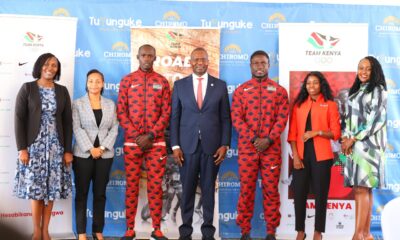



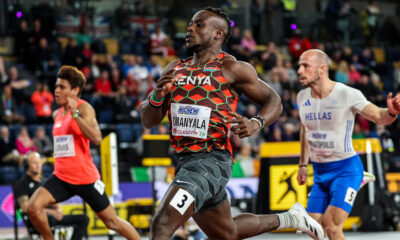




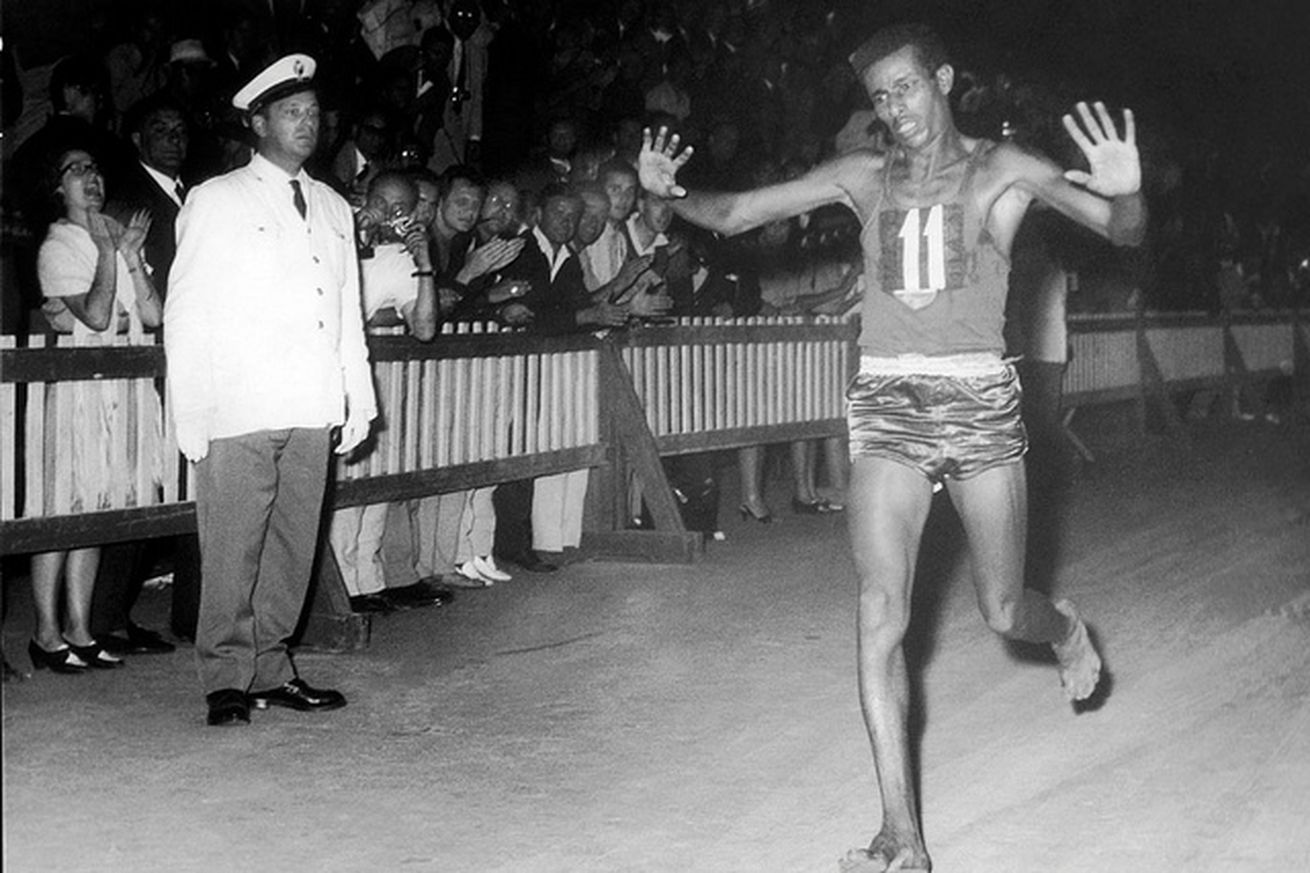






You must be logged in to post a comment Login